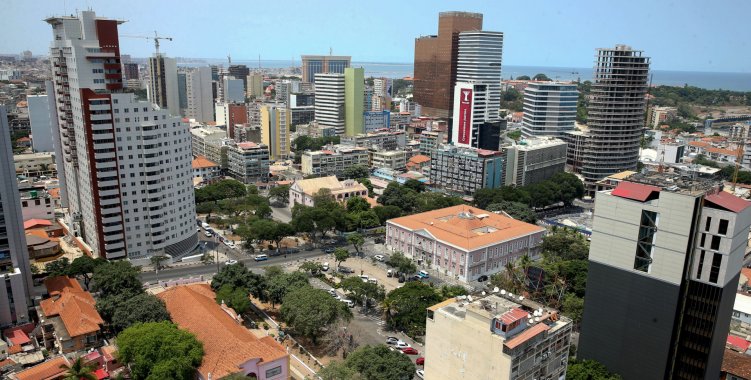"Angola's economy, dependent on the evolution of oil, faces a double blow from low prices and reduced production; we anticipate that growth will remain weak until 2025", write analysts from this British consultancy in a report with the update of forecasts for the third quarter of this year.
In the report, sent to customers and to which Lusa had access, Capital Economics forecasts that Angola will grow by 2.5 percent this year, slowing down from the 3.3 percent recorded last year, and slowing down economic expansion even further, to 1 percent in 2024 and 1.5 percent in 2025.
"Oil production has weakened since the end of last year, registering a minimum of 1.01 million barrels per day in March, the lowest value in the last 19 years, which reflects many years of underinvestment, and therefore production should continue weak during the forecast period", that is, until 2025, write the analysts.
In addition to the reduction in oil prices and production, Capital Economics also considers that the Angolan currency will continue to devalue, a more notorious movement after the recent elimination of state fuel subsidies, which caused prices to soar and led to several demonstrations.
"Inflation continued to fall, but the renewed depreciation of the kwanza caused inflation to start to rise, a movement that will continue in the coming months; the cuts to subsidies will only accentuate the dynamics of inflation, so we anticipate that the central bank will raise interest rates, from the current 17 percent to 22 percent by the end of 2024", analysts anticipate.
For sub-Saharan African countries as a whole, Capital Economics predicts that the region will slow growth this year, from 3.6 percent in 2022 to 2.6 percent this year, and accelerate to 3.1 percent and 2. 5 percent over the next two years.







